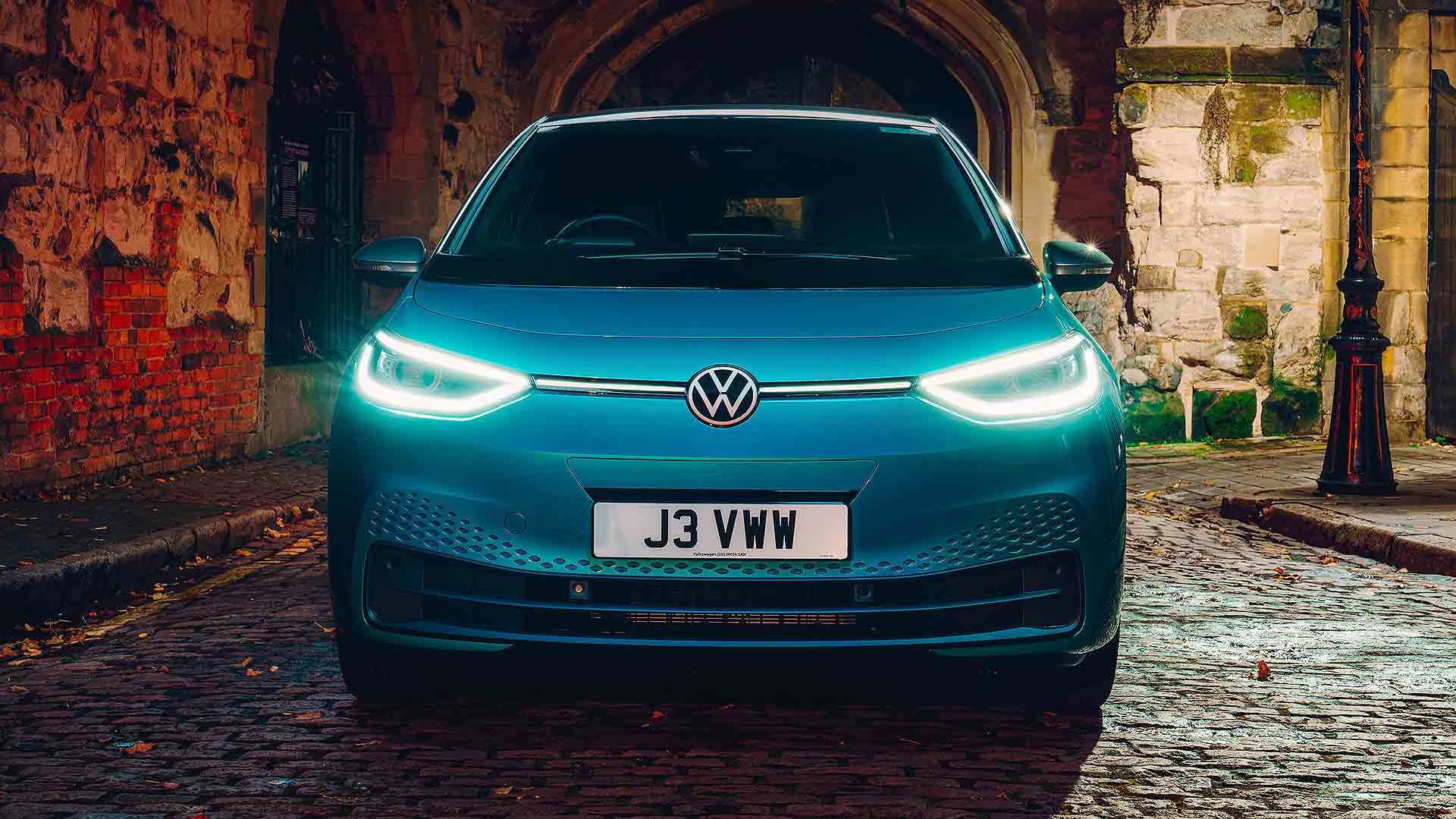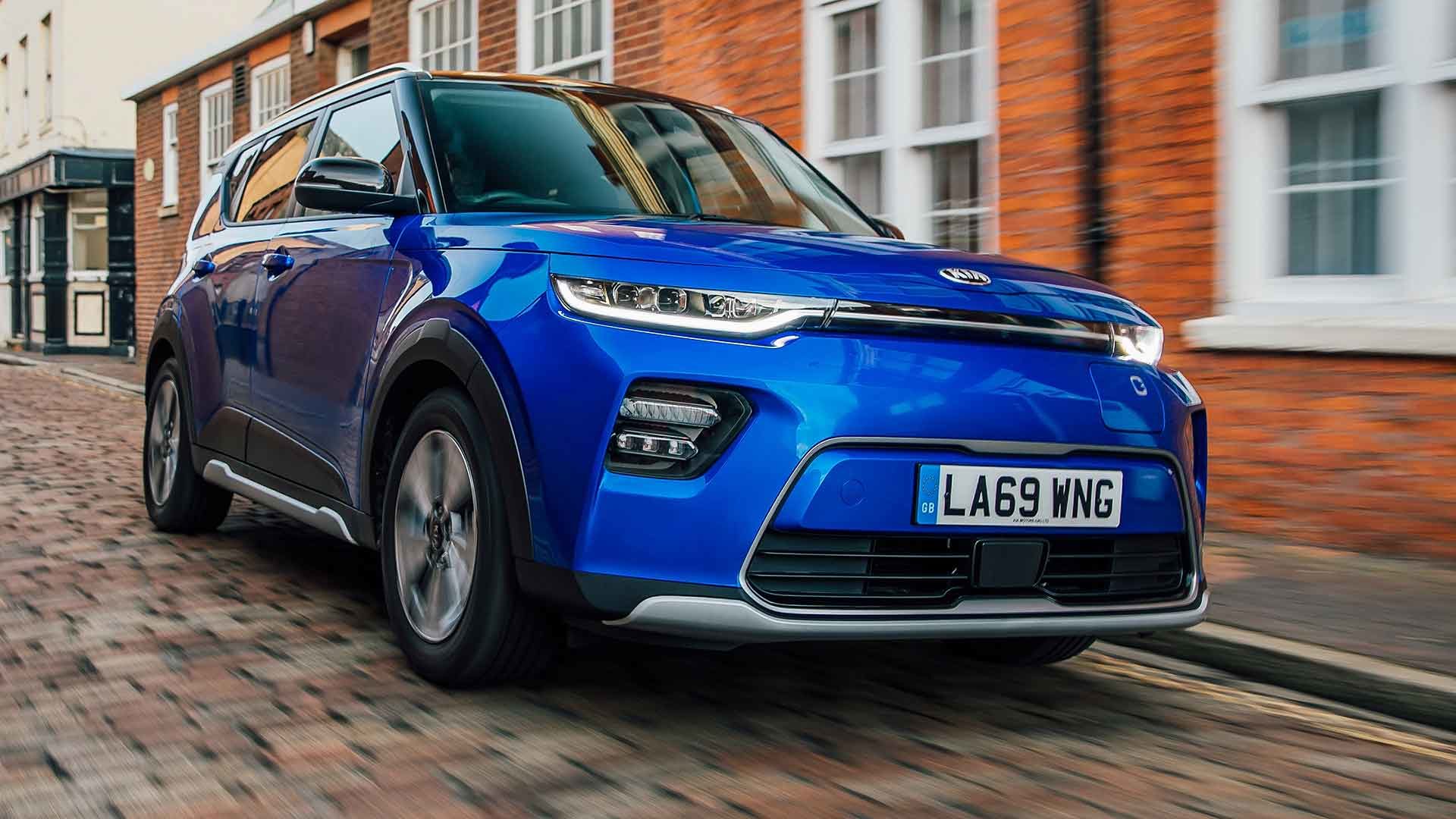
Talk about coming out the blue. Despite being committed to phasing out petrol and diesel cars from 2030, the government has just cut the Plug-in Car Grant by £500, to £2,500.
More significantly, it has also lowered the price ceiling, from £50,000 to £35,000.
The car industry was quick to respond. “The wrong move at the wrong time,” said SMMT chief executive Mike Hawes. “Extremely disappointing” said car dealer trade body the NFDA.
But now the shock has subsided, here’s why, on reflection, it could actually be positive for British car buyers.
It all hinges on that maximum price cap. The previous £50,000 level, reports the Times, irked government ministers. The “Tesla subsidy,” said one source. “Taxpayers should not be subsidising people to buy £50,000 cars.”
The $35,000 (£30,000) Tesla Model 3 famously never materialised, and the company has since abandoned this goal.
That means the cheapest Tesla Model 3 in the UK is currently £40,490, before savings. Previously, it was eligible for the Plug-in Car Grant, which would have reduced this to £37,490.
So that’s a £3,000 price hike, overnight. How can this be good news for EV buyers?

Well, because the focus will not be on getting EV list prices below £50,000, but getting them below £35,000.
In other words, the new goal won’t be on £47,000 EVs, but offering them to consumers for less than £32,500.
As analyst Matthias Schmidt pointed out, car firms in the UK now have to meet strict CO2 limits for this country on its own, rather than pooling them with other EU nations.
So, if brands are to avoid big fines for selling profitable, high-CO2 cars, they need to either put their hands in their pockets, or offset this with plentiful volumes of zero-CO2 EVs. And now the bar for volume buyers has effectively been lowered by a healthy £14,500.
Suddenly, manufacturers are being forced to focus on significantly cheaper EVs to keep that all-important sales volume high. The competition will now switch to a price point far more within reach for millions.
Who knows, maybe Tesla will even bring us a sub-£35,000 Model 3?
Yes, it’s a surprise move from a government committed to the very zero-emissions cars that it now appears to be disincentivising.
For the consumer, though, it may actually end up delivering more affordable EVs that far more people can consider. Surely that’s got to be a good thing?
ALSO READ